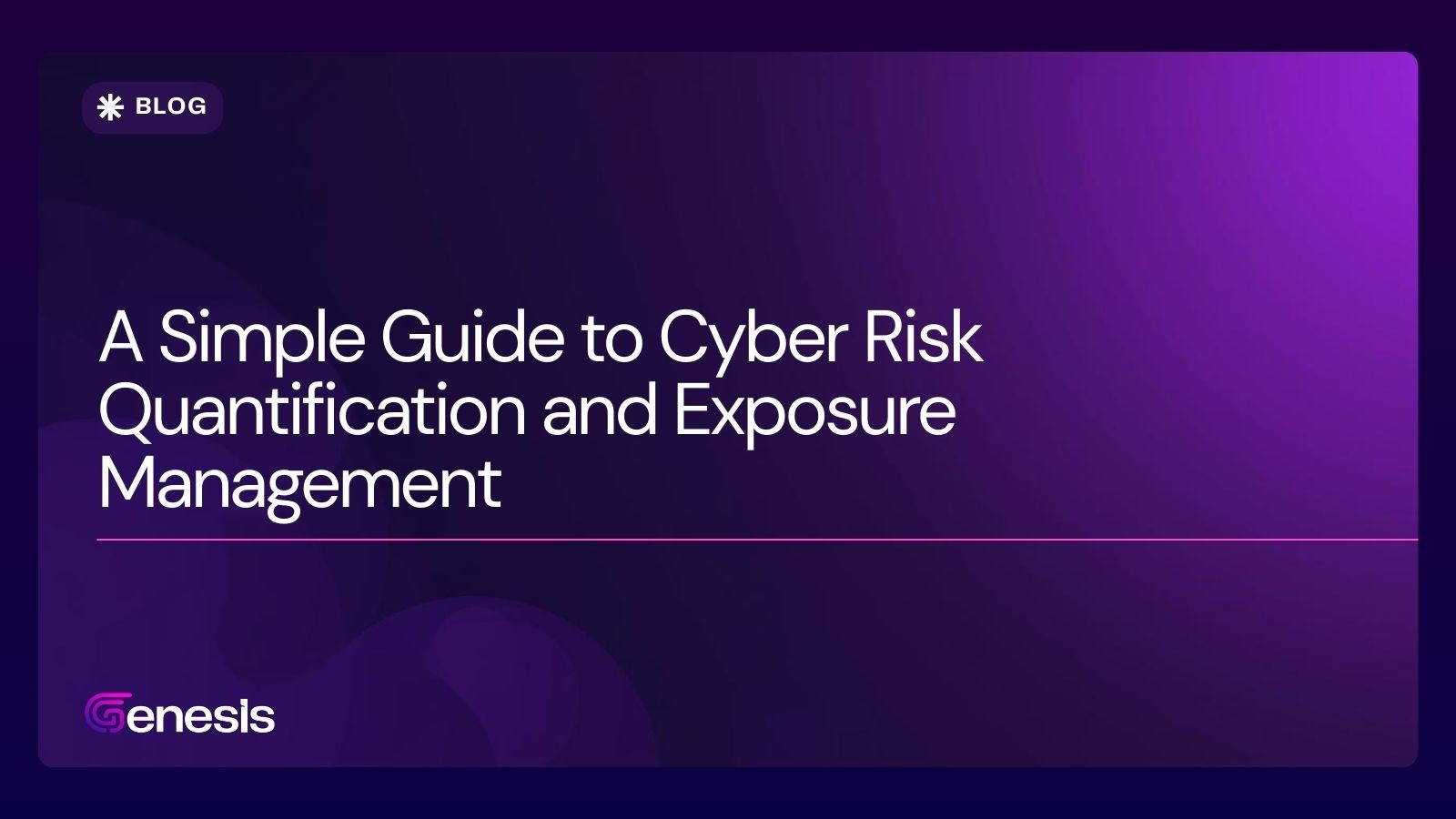Oct 12, 2022
Sohini Roy
Cache poisoning is a cyber attack where an attacker injects false information into a DNS server to mislead users to a malicious IP address. This manipulation causes users to be directed to harmful websites, making DNS cache poisoning a significant security threat.
Key Points:
How Cache Poisoning Occurs: Attackers inject malicious IP addresses into DNS caches, diverting users to the wrong sites. The use of UDP instead of TCP in DNS communication makes it vulnerable to this attack.
Risks of Cache Poisoning:
Hindrance of Data Security and Updates: Incomplete security updates leave systems vulnerable to trojans and viruses.
Malware Infection: Redirected IPs can install harmful viruses on user devices.
Data Violation: Users unknowingly share sensitive data like passwords and credit card information with malicious sites.
Prevention:
Avoid clicking unknown links.
Use VPNs for end-to-end encryption.
Regularly scan systems for malware.
Flush DNS cache regularly to prevent attacks.
About Genesis:
Genesis is a cyber risk management platform that helps businesses monitor cybersecurity posture, manage digital assets, and reduce attack surfaces. It prevents data breaches, discovers leaked information, and identifies third-party risks, enabling proactive security.







